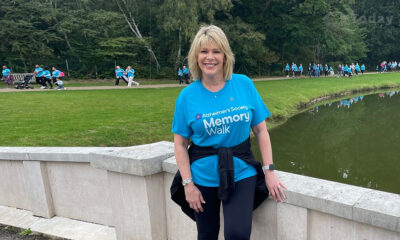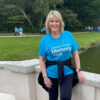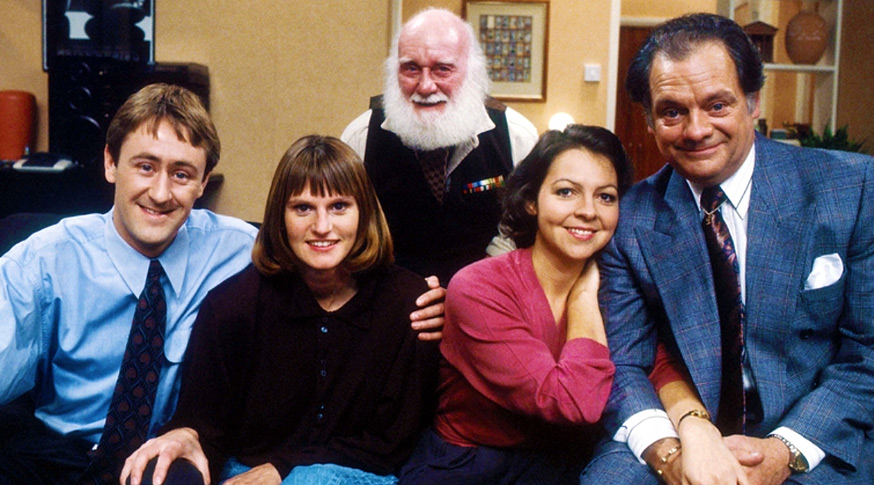Ofcom finds Really Channel in breach of airing foul language before the ‘watershed’ following one viewer complaint.
The channel was launched by UKTV in 2009 and sold to the Discovery Network in 2019 which itself recently became part of the Warner Bros. TV empire last year. Really is described as a ‘British free-to-air digital television channel which shows a range of reality, lifestyle, medical, crime and paranormal programming’.
The TV regulator noted they received a single complaint about the broadcast of offensive language during an episode of Helicopter ER which was part of a series looking at the work of the Yorkshire Air Ambulance Service.
During the broadcast of the episode which aired in the afternoon of August 8th this year, viewers saw and heard, as a helicopter was landing, a member of the rescue crew saying “f*cking hell”.
Ofcom decided that Rule 1.14 of their broadcasting code had been violated, “The most offensive language must not be broadcast before the watershed (in the case of television)…”. The findings concluded that the Really channel had breached this with the accidental inclusion of the ‘f*cking hell’.

Ofcom statement:
“Reflecting our duties under the Communications Act 2003, Section One of the Code requires that people under eighteen are protected from unsuitable material in programmes. Ofcom takes account of the audience’s and the broadcaster’s rights to freedom of expression as set out in Article 10 of the European Convention on Human Rights when considering a broadcaster’s compliance with the Code. Rule 1.14 prohibits the broadcast of the most offensive language on television before the watershed.
“When considering this case, Ofcom took into account our 2021 research into Public attitudes towards offensive language on TV and radio. This research found that the word “f*ck” and its variations was considered by audiences to be among the most offensive language and required clear and strong contextual justification after the watershed.”
When providing Ofcom with a recording of the programme, Discovery said that it “sincerely apologises for the mistake”, which it said was an “uncustomary human error”. It added that when editing the pre-watershed version of the programme, “regrettably the editor missed the offensive language”. The Licensee said that it had reminded its editing departments of “the importance of capturing offensive language” and provided them with Ofcom’s guidance on this matter.
Ofcom also took into account that there were no mitigations, such as an on-air apology, made by the Licensee following the broadcast of the offensive language to come to the conclusion of their findings.
Nat O’Leary’s 00s Indie & Rock on Channel 4’s music offering ‘4Music’ was also found to be in breach of the same code thanks to an episode airing on August 13 this year that contained offensive language in the optional subtitles for the programme. Although the programme’s audio did not include any offensive language, the subtitles for the music track “Boulevard of Broken Dreams” by Green Day included one instance of the word “f*cked”.
Ofcom statement:
“In this case, the broadcast of subtitles including the word “f*cked” at 14:48, during school summer holidays, is a clear example of the most offensive language being used before the watershed. While the offensive language was not audible to viewers who were not using subtitles, viewers of this programme who were using subtitles would have been exposed to this instance of the most offensive language before the watershed.”












